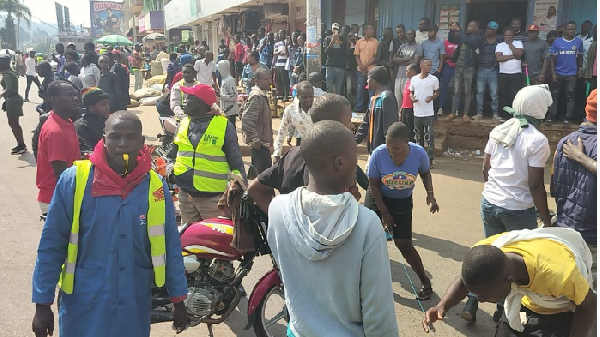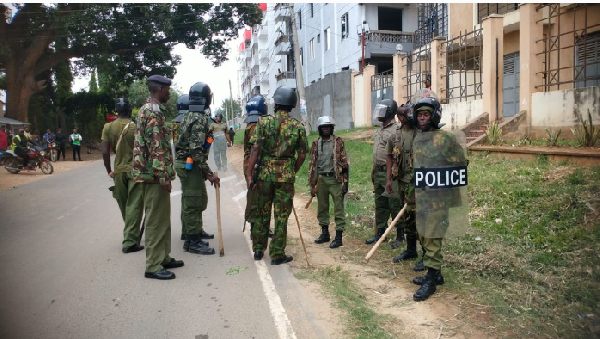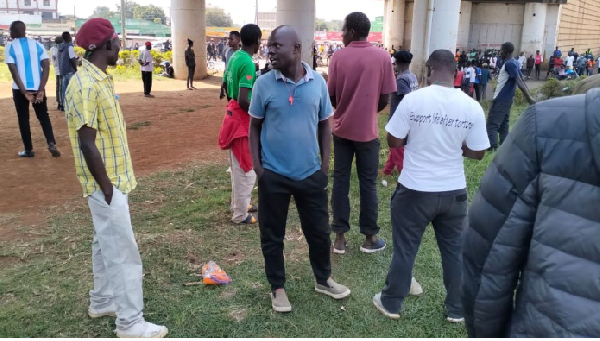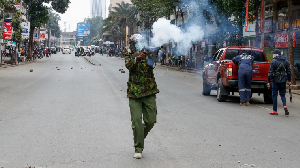Riot police patrolled Kenya's capital, Nairobi, on Tuesday morning as young activists called for more protests following last week's deadly clashes.
Members of the protest movement, which has no official leaders and largely organises via social media, have rejected appeals from President William Ruto for dialogue, even after he abandoned proposed tax hikes.
Infuriated by the deaths last week - at least 39 according to the government-funded Kenya National Commission on Human Rights (KNHCR) - many are now demanding that Ruto step down.
"We are determined to push for the president's resignation," Ojango Omondi, an activist in Nairobi, said. "We hope for a peaceful protest and minimal casualties, if any."
The protests that started as an online outpouring of anger over nearly $2.7 billion of tax hikes in a proposed finance bill have grown into a nationwide movement against corruption and misgovernance, and become the most serious crisis of Ruto's nearly two-year-old presidency.
He has been caught between the competing demands of lenders such as the International Monetary Fund, which are urging the heavily-indebted government to cut deficits, and a hard-pressed population reeling from the soaring cost of living.
Ruto has directed the Treasury to come up with ways to cut spending to fill the budget gap caused by the bill's withdrawal, and also said more borrowing will be required.
The protests, which began in mid-June, were mostly peaceful until last Tuesday when police clashed with demonstrators. Some protesters briefly stormed parliament and set part of it ablaze. The police opened fire, killing many, the human rights group said.
The KNHCR said on Monday that 39 people have been killed and 361 people injured since the first protest on June 18.
Ruto has defended the police's actions, saying they were doing their best under difficult circumstances. He blamed the violence on "criminals" who he said had hijacked the demonstrations.
"It's a beautiful day to choose patriotism. A beautiful day to choose peace, order and the sanctity of our nationhood," State House communications director Gerald Bitok wrote on X on Tuesday morning, adding in Swahili: "Violence is not patriotism."
It was not clear to what extent people would respond to the new calls for protests. There were no reports of demonstrations early in the morning.
Shops were opening as usual in downtown Nairobi, the site of the most intense protests last week. Police had erected roadblocks leading to the president's official residence.
"I think it's not going to be maandamano (protest) because maybe people are afraid, because some people have been shot," said Kennedy Otwal, who was walking through downtown.

The protesters have barricaded the road using a rope at Capital Round About in Kisii town on July 2, 2024. Ruth Mbula | Nation Media Group

Anti-riot policemen advance on a group of protesters in Mtwapa on July 2, 2024. Wachira Mwangi | Nation Media Group

A number of young people gather in Kondele, ready to stage anti-government protests on July 2, 2024. Alex Odhiambo | Nation Media Group

Click to view details



Africa News of Tuesday, 2 July 2024
Source: theeastafrican.co.ke

















